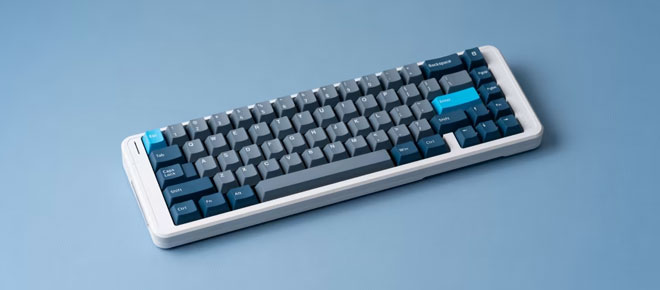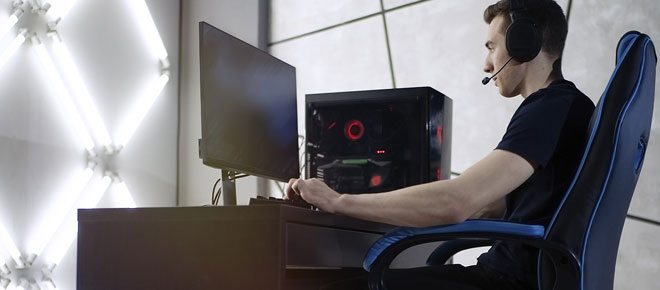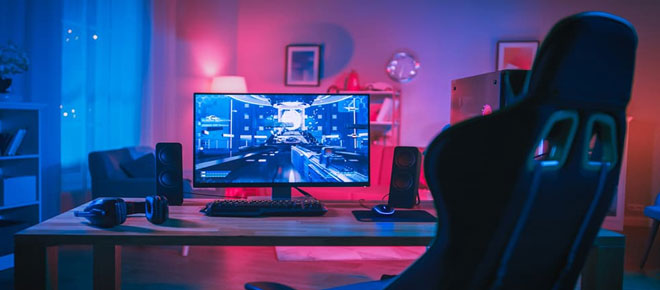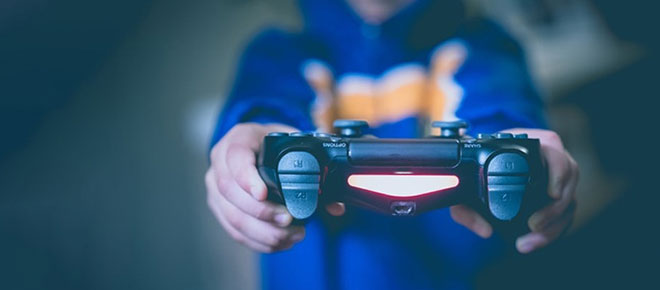The Importance of Keycap Material in Mechanical Keyboards

The material of the keycaps in your mechanical keyboard is important. It can affect how comfortable they are to type on, how much noise they produce, and the overall feel of your keyboard.
Common keycap materials include ABS (acrylonitrile butadiene styrene), PBT (polybutylene terephthalate), and PVC. Each has its advantages and disadvantages.
ABS
The material used to create a keycap can make a big difference in how it feels and performs. There are many different kinds of keycap material and the choice you make can be based on your use case, budget, and preference.
ABS (Acrylonitrile Butadiene Styrene) is a plastic that’s widely used on keyboards, as well as other products. It is thermoplastic, which means it can be melted and remolded easily. Moreover, it is durable and recyclable. It is also a common choice for LEGO bricks and power tool housings.
PBT (Polybutylene Terephthalate) is another popular material for making keycaps. It is more expensive than ABS but is stronger and more resistant to heat. This makes it a better choice for mechanical keyboards.
Both materials are commonly used in mechanical keyboards, but there are differences between them that make each one more desirable for specific uses. Several factors can influence the choice between ABS and PBT, including cost, durability, sound profile, and aesthetics.
Cost
The price of a keycap set can vary a lot depending on the type of material, thickness, and legends. The more expensive keycap sets will usually be of higher quality and have thicker walls that are more comfortable to grip. They’ll also have a more premium design and will likely feature double shots or dye sub-legends that are more unique and eye-catching. You can check out the mechanical keyboards available on Drop Coupon Codes and apply any available coupons to get a discount on your purchase. They offer a range of affordable options that may fit your budget.
Durability
The durability of a keycap can be influenced by its material and thickness, as well as the way it is printed. Some keycaps are pad printed, which results in a raised legend that can be prone to yellowing. Other keycaps have a laser-etched legend or are double shot.
Sound Profile
The sound profile of a keycap can be affected by many things, such as its thickness and shape. Thicker ABS keycaps typically sound deeper and more satisfying to type on, whereas thinner PBT keycaps tend to sound slightly bassier and lower pitched.
The best keycaps for mechanical keyboards should be able to resist wear and tear and provide good typing comfort and compatibility with a variety of layouts. These qualities are particularly important if you’re planning on buying a new keyboard soon.
There are many budget gaming accessories available that can enhance your gaming experience. Some popular options include gaming mice, keyboards, headsets, and controllers. To save money, you can look for Computer and Software Promo Codes online or sign up for email alerts from gaming accessory retailers to receive discounts and promotions.
PBT
Choosing the right keycap material is an important decision to make for your mechanical keyboard, as it can have a significant impact on the feel and aesthetic of your setup. Many different materials can be used for a keycap, and each one has its strengths and weaknesses.
ABS is a common material used in keycaps because it is durable and resists high temperatures. This makes it an excellent choice for gaming enthusiasts and other people who place heavy pressure on their keys. However, the durability of this plastic comes with some drawbacks, as it is brittle and easily broken if exposed to extreme heat or certain chemicals.
PBT, on the other hand, is a less commonly used keycap material that has a reputation for being much more durable. This type of polymer is stronger and more rigid than ABS and can withstand a lot of stress without deforming or breaking down.
Like ABS, PBT is also resistant to heat and abrasions. It is also not prone to turning yellow from exposure to ultraviolet light, which makes it a great material for printing and dyeing.
While they are not as popular as other types of keycaps, PBT keycaps can be found on a variety of mechanical keyboards, including older Cherry models. They are usually found in dark or gray colors and are often double-shot molded or laser etched with legends.
The main benefit of using PBT is that it will last a long time and is not prone to fading or yellowing after long periods of use. This is because PBT is a copolymer plastic, meaning it is less flexible and more rigid than other types of plastics.
Another advantage of PBT is that it has a rougher surface than other types of plastics, which can provide a more tactile experience for some players. It also tends to be a little cheaper than other keycap options, so this can be a good option for those who are looking for a budget-friendly setup with all black, white, or gray keys.
Laser Etching
Laser Etching is a process that alters the surface of a material to create a mark. This process can be used to produce marks that carry information or aesthetic value, and it can also be applied to products to add a unique and customized look.
Unlike other direct part marking technologies, laser etching uses a focused laser beam to alter the surface of a material without damaging or discoloring it. This makes it a more permanent option than dot peening or inkjet printing, as the mark remains readable for the life of the part.
It is also a faster process than engraving because it doesn't require as much energy from the laser. In addition, laser etching creates high-contrast marks that are more easily visible than engraving.
For this reason, it is often the preferred method for a permanent, long-lasting mark on your workpieces. It is also a durable technology that can withstand non-abrasive treatments, such as e-coating and powder coating, as well as abrasive treatments, such as shot-blasting or sandblasting.
The best laser etching is achieved by using moderate power and low speed. This ensures that the material does not sputter as it is being etched, which can degrade the quality of the etching.
As a result, it is best to talk with a laser expert who will be able to recommend the optimal settings for your specific application. This will include the type of materials that can be etched, as well as the depth and color that can be produced.
Another important aspect of the laser etching process is the frequency of the pulses. The higher the frequency, the darker the mark will be. It is important to set the frequency at a low enough frequency that the mark will be clear but not too dark to see.
The optimal frequency is dependent on the material and the desired etching depth, so it is recommended to test the parameters of the etching machine to find the best settings for your application. If the optimum frequency is too high, it will result in marks that are too dark to be seen, while if the frequency is too low, it will result in less detailed marks.
Double Shot Molding
Two-shot molding is a process that involves injecting different plastics into the same mold, allowing for multiple colors and intricate graphic designs. While it is more expensive than other types of molding, it is a good choice for manufacturing highly durable keycaps that will hold up to heavy use.
The material used for two-shot molding should be compatible with the original substrate, otherwise, it may not bond properly and will lead to poor adhesion. In some cases, the substrate must be designed with mechanical bonding features that will allow the over-molded plastic to grab onto it.
This is the key to successful two-shot molding. Make sure the substrate is thick enough to withstand the pressure applied during the second molding cycle. If the substrate is too thin, it will not be able to withstand the force and will collapse from the compression.
Another important aspect of double-shot injection molding is the design of the tool itself. A good two-shot mold will have two different injection stages that can be rotated 180 degrees or oriented so that a robot can transfer the parts from one stage to the other.
During the first injection stage, the substrate is injected into the first cavity of the two-shot mold. After the substrate has cooled and hardened, it is transferred to the next stage where the second layer of plastic is injected.
Several materials can be molded using this process, but it is best to choose a material that has the right properties and adhesive compatibility. For example, if the substrate is chemically compatible with the over-molding plastic material, it will form a strong molecular bond that will withstand the molding pressure.
The material can also be chosen based on aesthetics and ease of cleaning. For example, if the product is meant to be handled frequently, soft, rubbery material will provide a better grip for the user and reduce the likelihood of finger injuries.
Two-shot injection molding is an excellent solution for designing ergonomically designed products, as it can allow structural plastic to be covered or added on with soft, rubbery material that is better suited to the human hand. It can also be used to manufacture medical equipment, such as bone saws that require a rubber grip to ensure the safety of the operator.
Conclusion
The material used to create a keycap can make a big difference in how it feels and performs. Choosing the right keycap material is an important decision to make for your mechanical keyboard, as it can have a significant impact on the feel and aesthetic of your setup. Laser Etching is a process that alters the surface of a material to create a mark.








